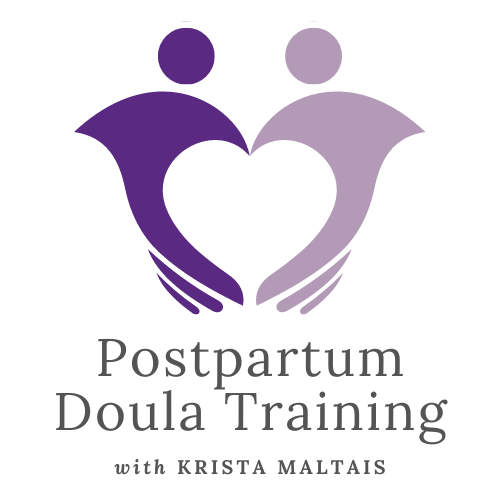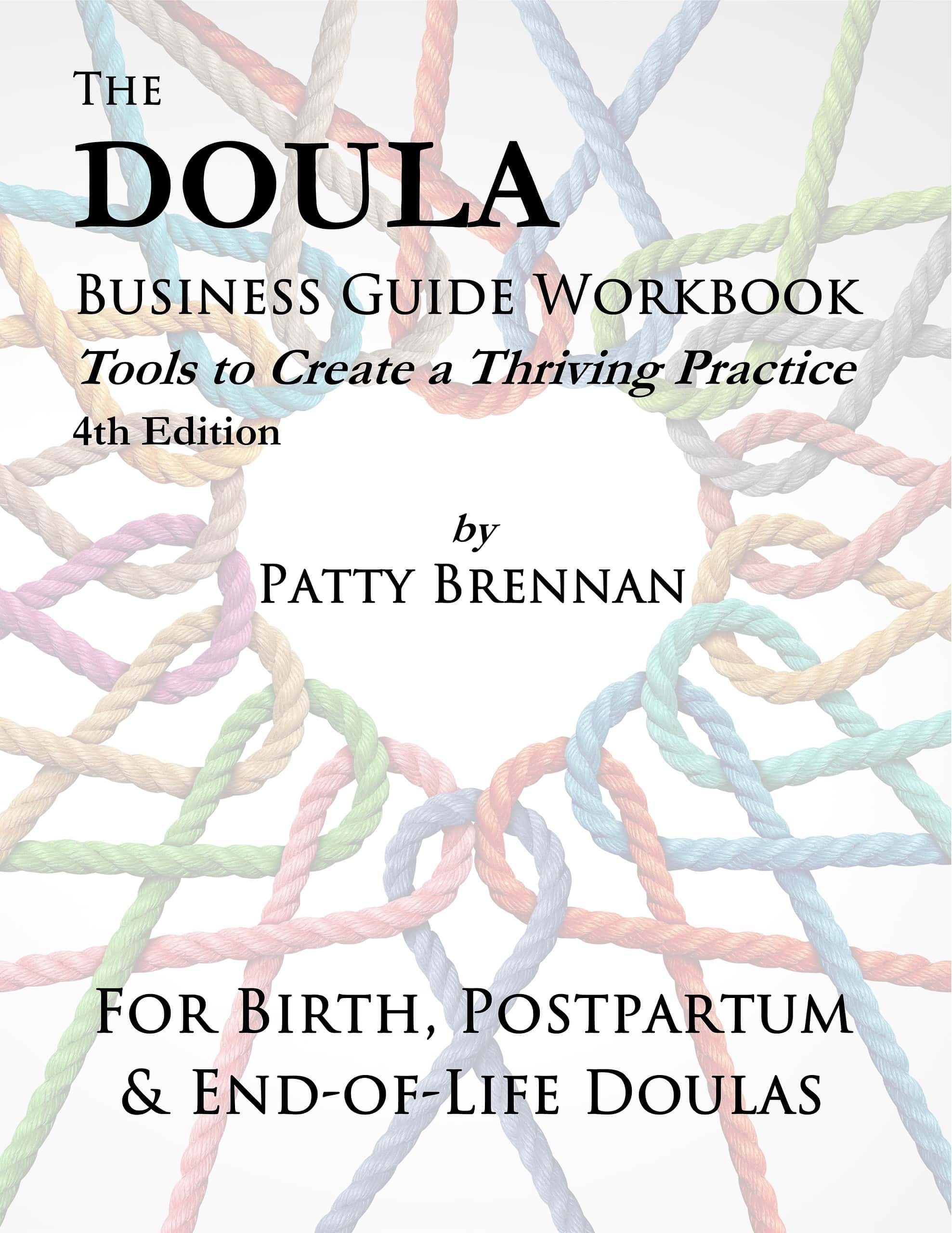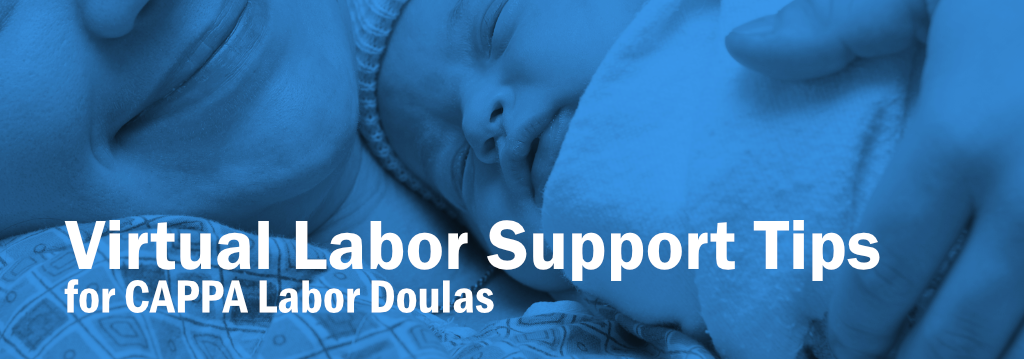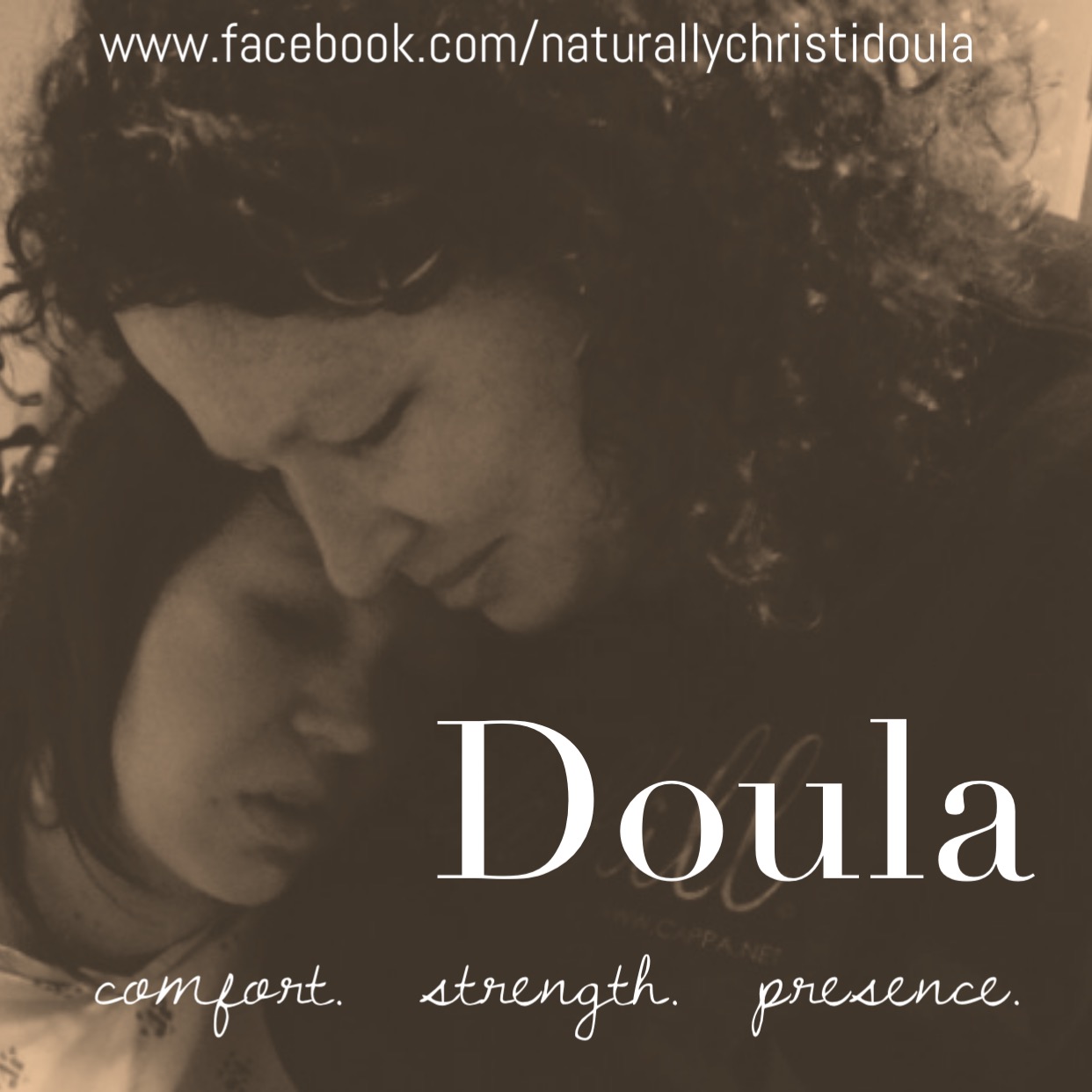7 Essential Documents Every Doula Needs for Success

Embarking on a career as a doula can be a profoundly rewarding journey, providing emotional, physical, and educational support to birthing individuals. Whether you're a birth or postpartum doula, certain documents and certifications are indispensable for establishing professionalism, building trust, and ensuring client satisfaction. In this guide, we explore the 7 Essential Documents Every Doula Needs for Success to help you navigate this fulfilling profession effectively.
1. Certification and Training Credentials

The foundation of your credibility as a doula begins with certification. Here’s what you need:
- Proof of Completion: Certificates or diplomas from recognized doula training programs.
- Continuing Education: Show commitment to ongoing learning through additional courses or webinars.
- Membership: Membership cards or documents from professional organizations like DONA International.
💡 Note: Always keep your certifications updated and have them ready to present to potential clients.
2. Client Contract

A comprehensive client contract outlines expectations, services, and boundaries, ensuring clarity and professionalism. Key components include:
- Services Offered: Detailed description of what your doula package includes.
- Fees and Payment Schedule: Clear pricing structure, including deposit, remaining balance, and any refund policies.
- Scope of Practice: Legal boundaries and your role during labor and delivery.
- Termination Clause: Conditions under which either party can end the contract.
3. Informed Consent Forms

Informed consent is a cornerstone of ethical practice. Your document should cover:
- Explanation of procedures and risks.
- Client’s acknowledgment and understanding.
- Their right to make informed decisions.
📢 Note: Keep records of signed consent forms to protect yourself legally and maintain client trust.
4. Health History and Preferences Questionnaire

Gathering detailed client information helps tailor your support:
- Health history, including any past pregnancies.
- Current health status, medications, and allergies.
- Birth plan preferences.
- Partner’s involvement and support wishes.
5. Business License and Liability Insurance

Having the necessary legal and protective documents can provide security for both you and your clients:
- Business License: Validates your operation as a professional service provider.
- Liability Insurance: Protects against potential claims of negligence or accidents.
6. Marketing and Promotional Materials

Marketing is essential for a doula to attract clients:
- Business Cards: Professional cards with your contact info and services.
- Brochures or Flyers: Detailed promotional materials.
- Website and Online Presence: A professional online platform for clients to learn more about you.
🌐 Note: Keep your digital footprint professional; potential clients may search for you online.
7. Follow-Up and Client Feedback Forms

After services are rendered, gathering feedback is valuable for growth and improvement:
- Postpartum Follow-Up: A form to check in on the well-being of the mother and baby.
- Client Satisfaction Survey: Collect feedback on your service for continuous improvement.
Having these documents in place not only professionalizes your practice but also enhances client trust, making their experience smoother and more reassuring. Remember, these documents are not just for compliance but to provide a framework for your professional relationship with clients, fostering a supportive, ethical, and client-centered practice.
Why do I need liability insurance as a doula?

+
Liability insurance provides protection if a client sues you for negligence or if an accident occurs during your service. It helps cover legal fees and potential settlements, safeguarding your business and personal assets.
What should be included in a doula client contract?

+
A doula contract should detail services provided, fees, payment schedules, scope of practice, termination conditions, privacy policies, and any additional agreements like backup doula arrangements.
Can I work as a doula without certification?

+
While not legally required in most places, certification can increase your credibility and marketability. Some clients might prefer or require a certified doula to ensure a level of training and professionalism.